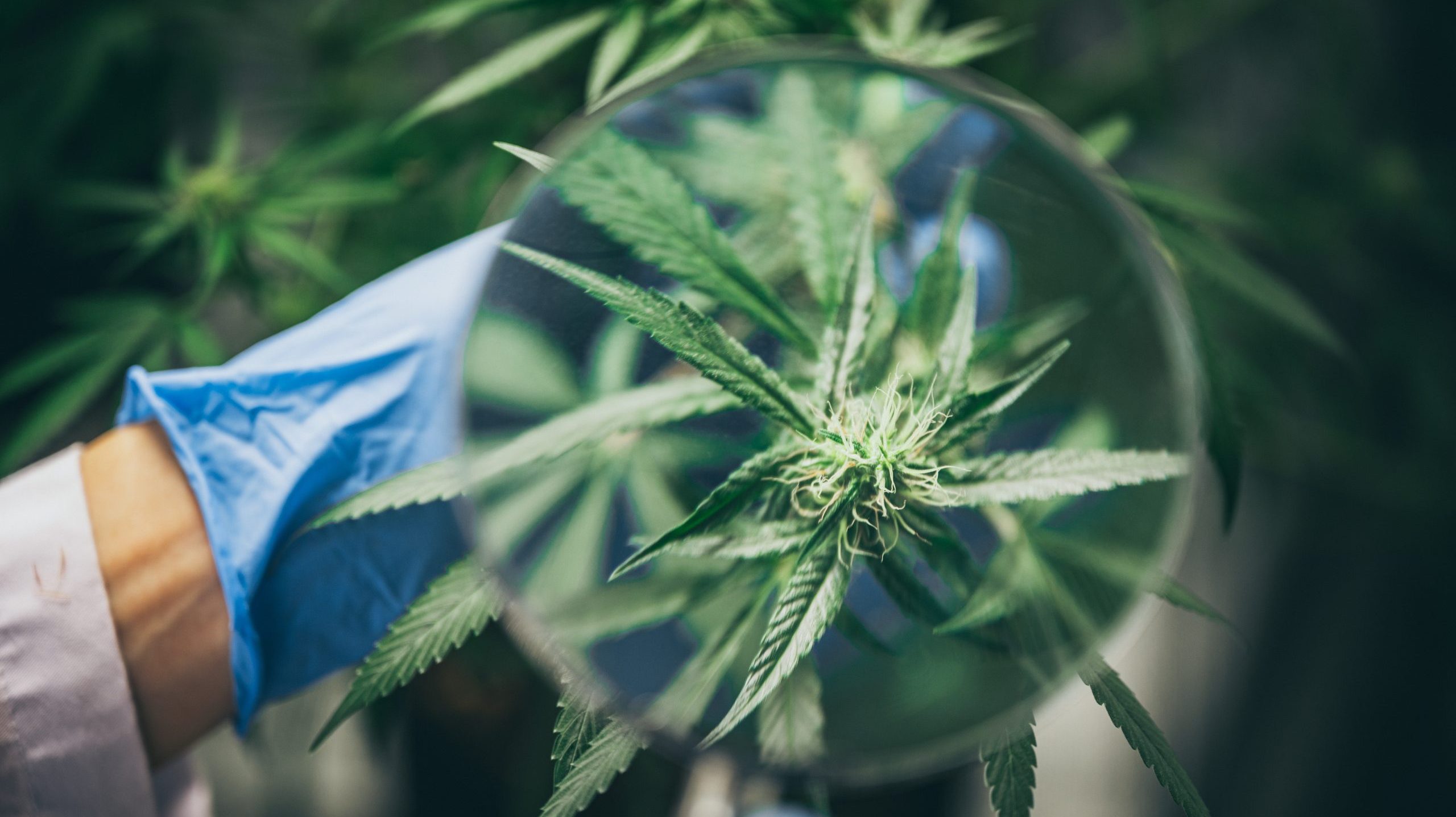Is experience growing medical-grade cannabis really that important for the applicants seeking to hold an integrated license in Alabama?
That was one of the biggest lingering questions after nearly 30 applicants slogged through presentations before commissioners last week. Those applicants had an array of experience, and even more explanations for why their varying degrees of experience mattered.
A couple claimed experience growing tomatoes. Others mentioned hemp experience. Still others talked about years of wide-ranging horticulture experience. They all said their unique experiences were qualification enough to meet the minimum requirements of Alabama’s law.
And while that’s technically true – Alabama’s law, as written, requires only 15 years of horticulture experience – industry experts tell a different story. They say that the process of growing medical-grade cannabis requires unique knowledge, specific tools and an extremely controlled environment.
Even with all of that, there are still problems.
“In most states, compliance (for hemp production) is only focused on keeping d9-THC content below the 0.3 percent by weight level, which is the threshold for calling the plant ‘hemp,’” said Dr. Gregory Gerdeman, a neuroscientist and professor who has studied cannabis production and cannabis effects extensively.
Gerdeman has been contracted to work with Alabama Always, which is one of several companies vying for an integrated license in Alabama. However, he is recognized as one of the top scientists in the field and has been contracted to work with a variety of companies all over the country, helping them to set up their facilities and implement protocols to produce medical cannabis.
“There are typically no regulations in terms of microbes detected, residual pesticides, residual solvents from an extraction process, or accuracy in labeling all of off-the-shelf chemicals that get added, which these days includes all manner of lab-derived synthetic cannabinoids,” Gerdeman continued. “As a result, hemp is often grown with direct exposure to the elements, either in an open field or with hoop houses that offer minimal shelter. It is often grown directly in the ground. These practices are not going to meet compliance demands for medical cannabis, whether or not they were done safely and well with a hemp crop.”
Gerdeman said it’s possible that a person with experience growing hemp or tomatoes could follow protocols and achieve success at growing medical cannabis, but in his experience, people who have spent their lives growing in uncontrolled environments, and with a full array of options for combating pests and molds, have difficulties following the extreme protocols required in medical cannabis production.
“I’m referring to protocols like: putting on clean scrubs or Tyvek suits with each entry from the outdoors; wearing PPE like gloves, shoe covers and hairnets; sanitizing pruners by dipping them into alcohol before moving from one plant to the next; and so on,” Gerdeman said. “Workers must behave as though a pathogen is always present.”
If those protocols are not followed, the results can be devastating to production. Two years ago, Maine officials discovered that up to half of the medical marijuana produced and sold in that state was contaminated by mold, pesticides or other banned substances. Maine’s medical marijuana laws didn’t require testing and companies producing those products had cut corners and failed to maintain industry standards for cleanliness and pest control.
In 2019, two Massachusetts companies were shut down due to illegal pesticides found in the cannabis they produced, and officials there blamed the problems on a lack of adherence to safety protocols that resulted in mold in the plants.
In 2017, a California man died after using medical cannabis that officials believed contained mold. The death came after patients in a cancer treatment trial were exposed to the moldy cannabis, causing fungal infections in the lungs.
“What Alabama’s cannabis commission needs to understand right off the top is that these products mostly aren’t going to be consumed by healthy, young people. They’re going to some of the sickest people in this country,” said another scientist, who asked to speak on condition of anonymity in order to speak freely about Alabama’s specific process. “If the standards aren’t followed and a contaminated product is provided to these patients, the consequences can be dire. And it could cause upheaval within the production line and the availability of cannabis to patients who need it.”
That scientist, who has more than a decade of experience working with medical marijuana and assisting companies with their production setups, said he found it troubling that Alabama’s law didn’t specifically require experience with medical marijuana production.
“Had that been required, it would not have excluded Alabama-based companies or investors,” he said. “It would have forced those applying to contract with people who know what they’re doing.”
Some companies have done just that. Other state-based owners have partnered with companies that have experience and in-house personnel who can maintain the industry standards.
The AMCC’s guidelines indicate that it plans to consider more favorably companies that have either the experience in medical cannabis production or that have contracted with experts. But that experience isn’t required, and the scoring up to this point has been rather inconsistent on it.
“It would be my recommendation that they choose companies, at least initially, that know this process and have the personnel and facilities to do this right,” the scientist said. “I wish there was a way to stress to the commission how important this is. I wish they would speak with scientists so they’d understand it. There are severe consequences for not doing this right.”



















































